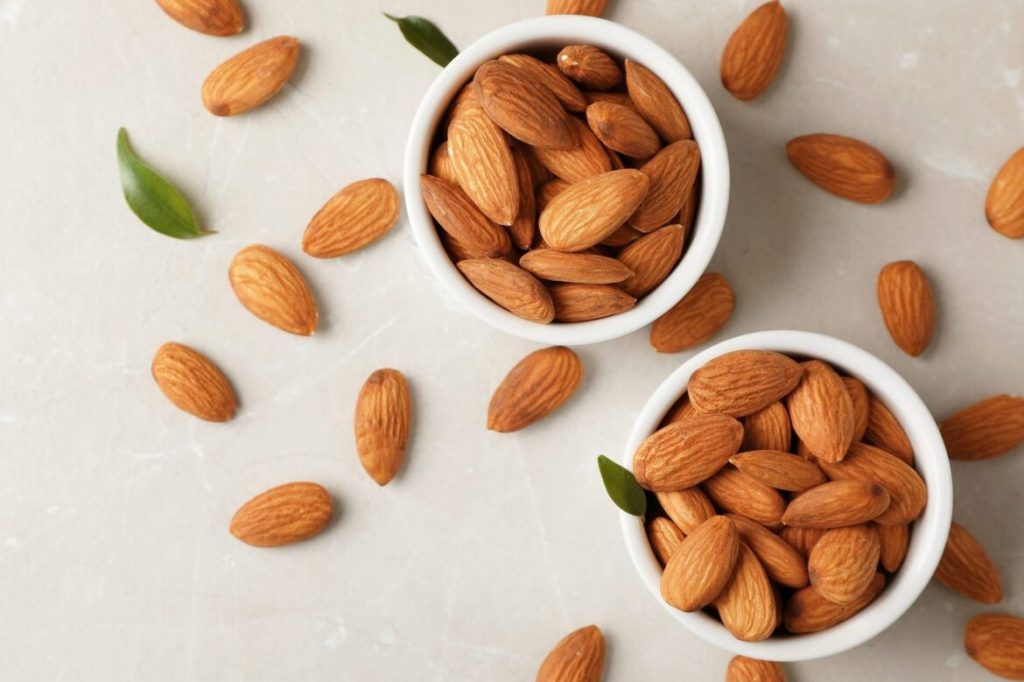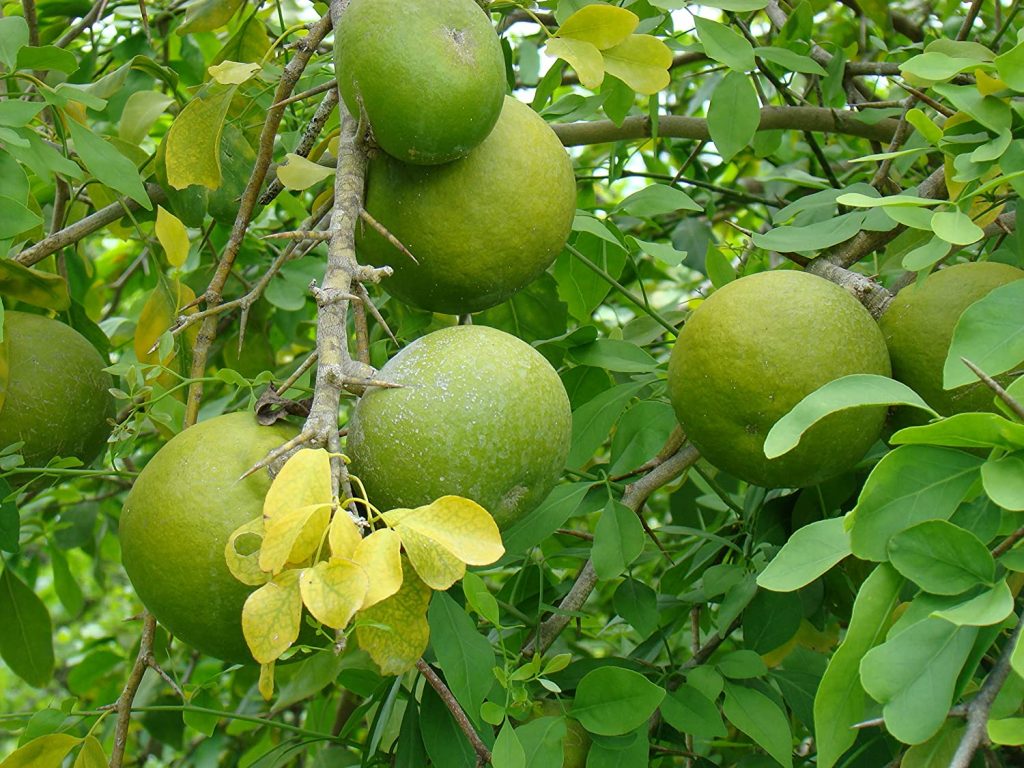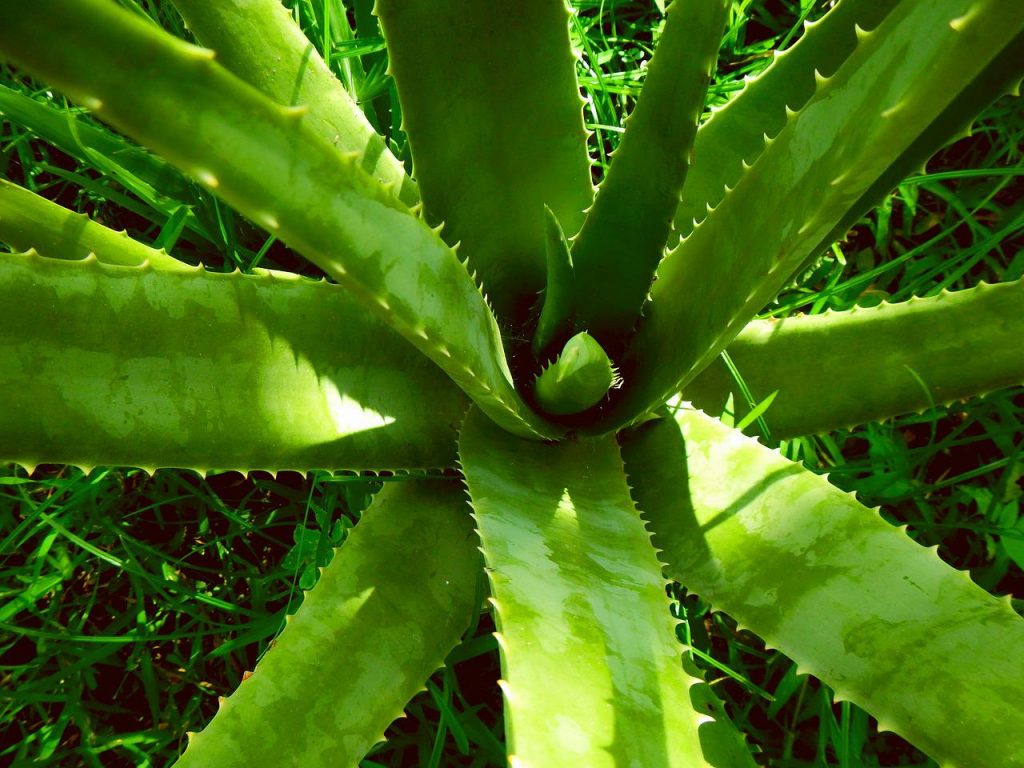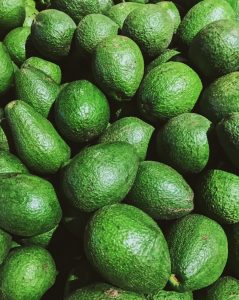Alfalfa - Medicago sativa

It belongs to the Fabaceae family that has long been used in traditional medicine to treat various health conditions. Alfalfa is high in vitamins, calcium, potassium, phosphorus, and iron. It is used to treat many problems such as arthritis, diabetes, remedy for kidney stones, natural treatment of baldness and hair loss, beneficial for menstrual problems, treatment of respiratory diseases, high blood pressure, intestinal medicine, reduce fat, benefits of reducing cholesterol, breast cancer, can be used for hypothyroidism, prevent aging, osteoporosis, strokes, and many more…
Almonds - Prunus dulcis

The benefits of almonds are so many. Almonds have extensively benefited heart health, diabetes, and weight management. Almonds help in digestion, moisturizing skin, protect from heart disease, add shine to dull hair, Promote Healthy Cells, low cholesterol, reduce the risk of diabetes, and lower blood pressure, Almonds can aid in weight regulation and many more…
Ashwagandha - Withania somnifera

Ashwagandha (Withania somnifera, WS), also commonly known, in different parts of the world, as Indian ginseng or Winter cherry.The word Ashwagandha means ‘smell of a horse’. The two main reasons behind its name are- first is because of its roots that emit the smell of horse. The second reason is that by consuming Ashwagandha in any form may improve vitality, and increases energy levels and strength similar to that of a horse.
Apple – Malus

Apples are an incredibly nutritious fruit that offers multiple health benefits. They are rich in fiber and antioxidants. Eating apples is linked to a lower risk of many chronic conditions, including diabetes, heart disease, and cancer. They may also promote weight loss and improve gut and brain health. Apples are a good source of fiber and vitamin C. They also contain antioxidants, like vitamin E, and polyphenols that contribute to the fruit’s numerous health benefits. Apples promote heart health in several ways. They’re high in soluble fiber, which helps lower cholesterol. They also have polyphenols, which are linked to lower blood pressure and stroke risk.
Aloe Vera - Aloe barbadensis miller

It is a succulent plant used in alternative medicine. The name aloe vera was derived from the Arabic word “Alloeh”, meaning a “shining bitter substance” and vera came from the Latin word “vera”, meaning “true”. The plant belongs to the Asphodelaceae (Liliaceae) family that thrives in dry regions in Asia, Europe, America, and Africa. There’s also strong evidence that aloe juice, which contains latex, taken by mouth is a powerful laxative. Research has also indicated that aloe vera may benefit your skin, dental, oral, and digestive health. It may even improve blood sugar control, ….
Avocado - Persea Americana

Avocado is an incredibly nutritious food with a high content of healthy fats and nutrients. Avocados are beneficial to your health because they boost your good HDL cholesterol. The fruit offers approximately 20 vitamins, minerals, and antioxidants, including vitamins K, C, E, B, potassium, and lutein. Some of the benefits are, Anti-inflammatory properties, Regular blood pressure, Good for the Heart, Boost Fertility, Good for the eye, Good source of foliate, Improved digestion, Weight loss, Help absorb nutrients…
Acacia Senegal (gum arabic)

A medicinal remedy that goes back centuries, gum arabica, derived from an exudate of the bark, has been used for the treatment of numerous infections and afflictions including bronchitis, bleeding, diarrhea, and respiratory infections to name a few. A natural emulsifier, it is also used to bind various pills, as well as sweets, and added to soft drinks as it has the consistency of glue but is safe to consume. It is also used to treat ailments of the skin such as bacterial and fungal infections, burns, and even leprosy. It is an herb used in various capacities to enhance the smooth feel or adhesion of a skincare formula; it also functions as a thickening agent, emulsifier, or stabilizer. Acacia gum contains water-soluble dietary fibers (WSDF) that are not only good fiber for your diet but also helpful in keeping your cholesterol under control. One study showed that taking 15 grams of acacia gum in liquid form every day helped manage the concentration of plasma cholesterols in blood.
Apocynaceae - Alafia multiflora

Apocynaceae) is a West African plant with varied applications in African folk medicine. Various parts of the plant have been employed ethnomedicinally as a remedy for fever, hypertension, jaundice, dysmenorrheal, gastrointestinal disorders, and malaria. In traditional medicine, Apocynaceae species are used to treat gastrointestinal ailments, fever, malaria, pain, and diabetes, including skin and ectoparasitic diseases. Some are important timber species while many are planted as ornamentals.
Artichokes - Cynara cardunculus

Artichokes are edible plants, known in their natural form as cardoon, and their scientific classification is Cynara cardunculus. They are native to the Mediterranean region, which is primarily why they play such a major part in their cuisine. Artichokes can be found throughout Europe, the Middle Eastern countries, and America, but they are less frequently encountered in Asian nations. They are low in fat, high in fiber, and loaded with vitamins and minerals like vitamin C, vitamin K, folate, phosphorus, and magnesium. They are also one of the richest sources of antioxidants. Artichoke extract may reduce total and “bad” LDL cholesterol while increasing “good” HDL cholesterol.

